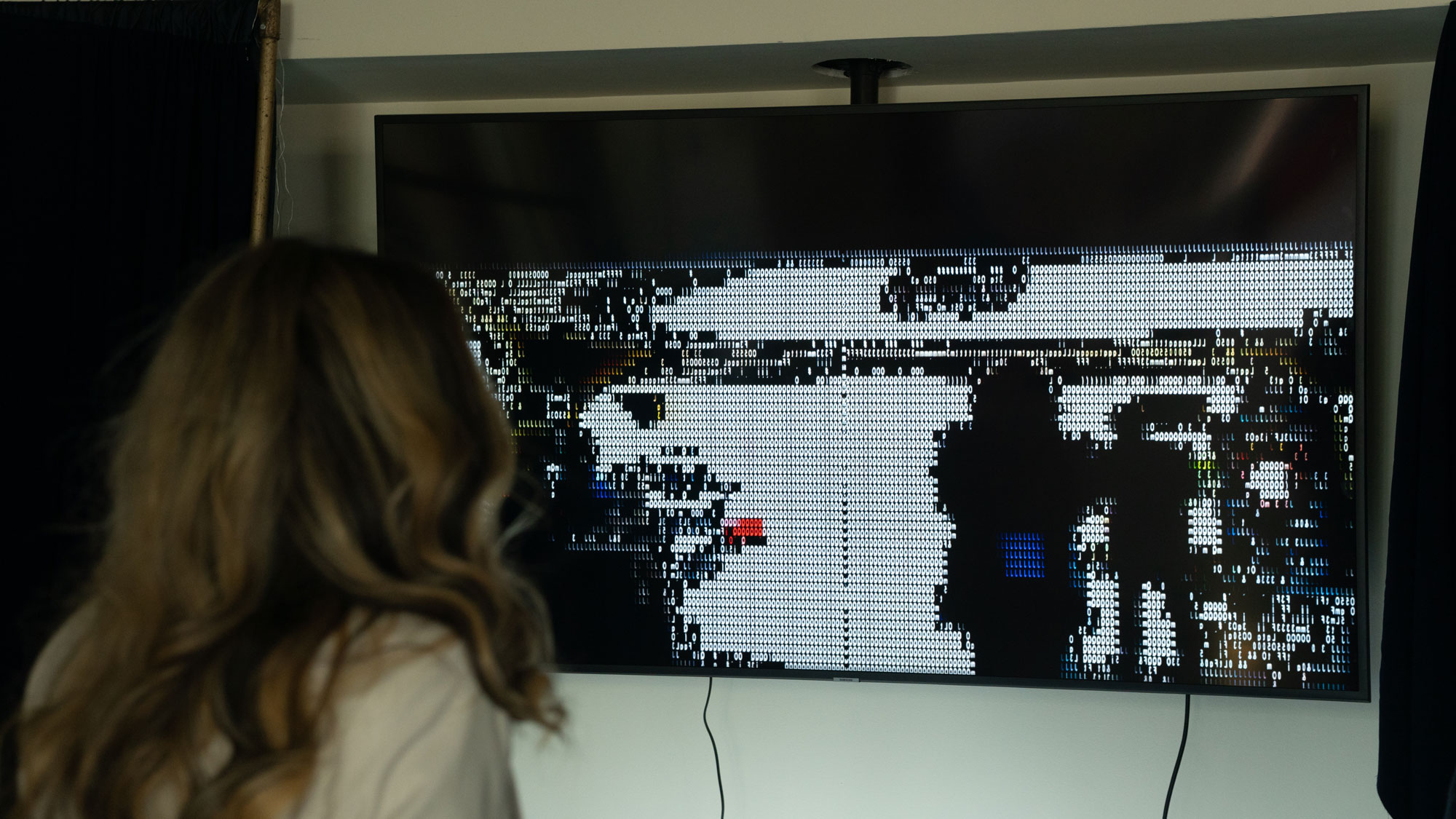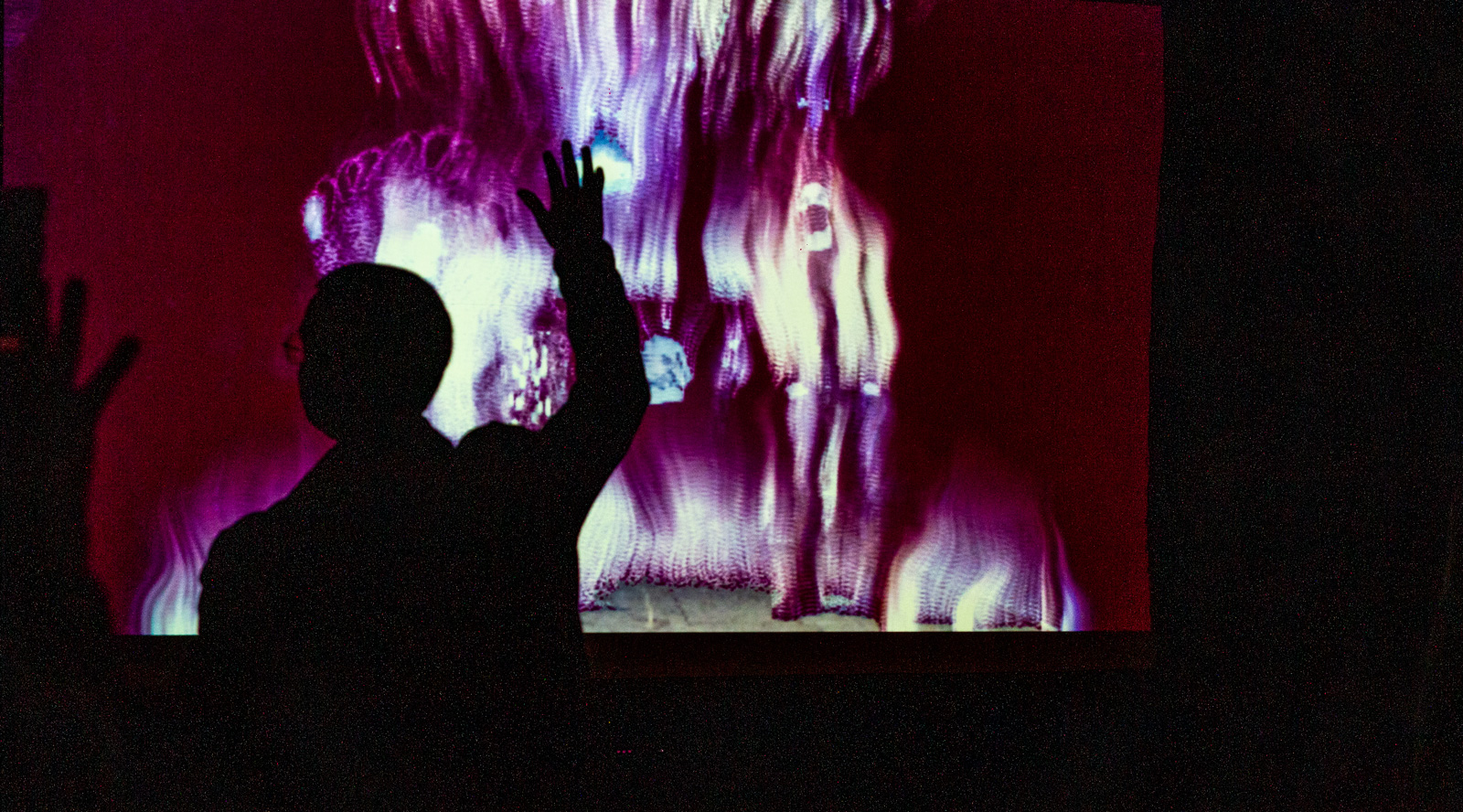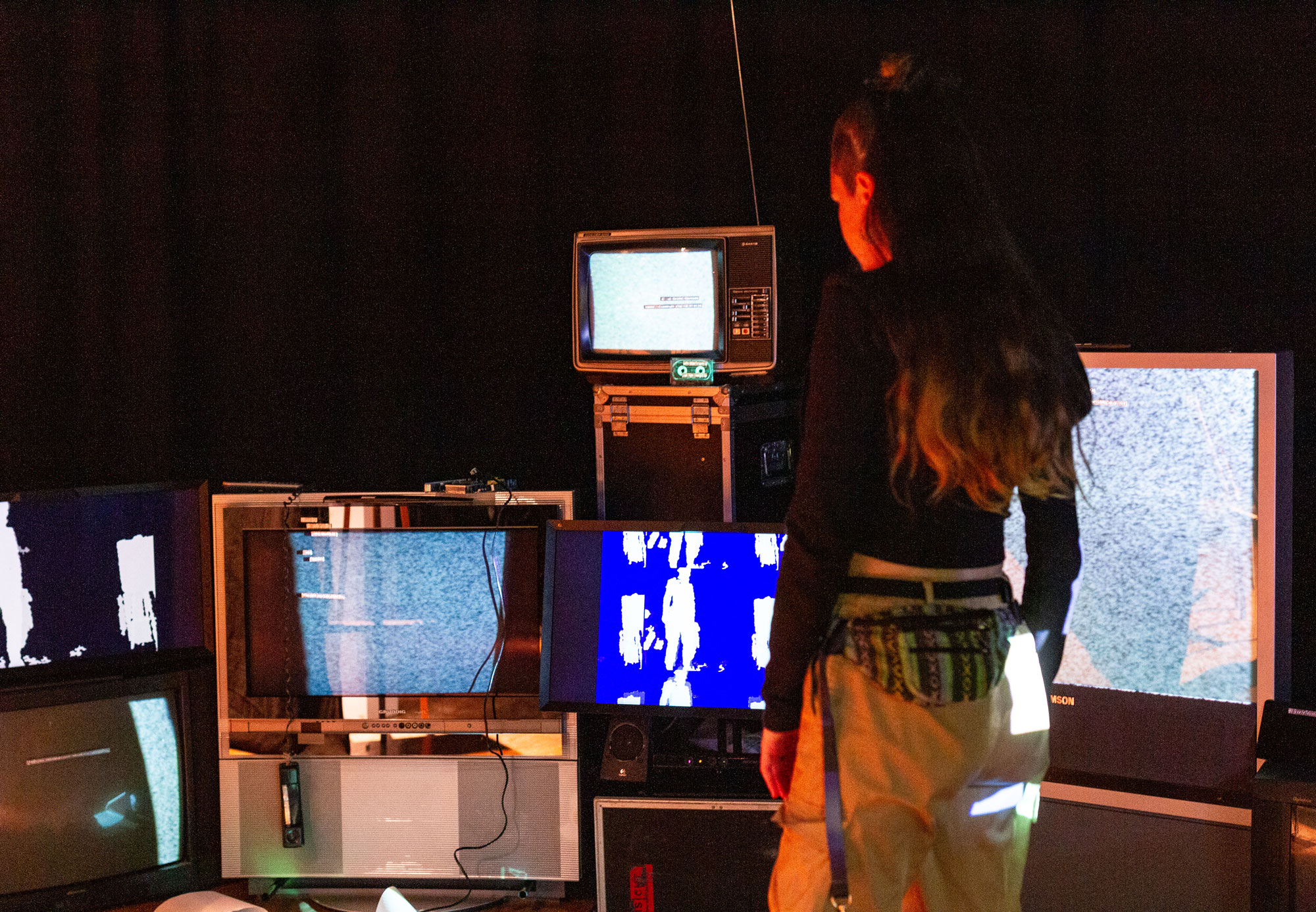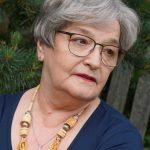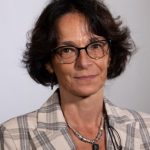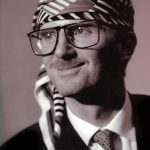
Digital Interactive Arts
LANGUAGE EXAM (RO)
Admission Regulations for the Film and Media MA Programs
BBU ADMISSION INFORMATION (EN) 2025
APPLY HERE
_________________________________________________________________________________________
A PROFESSIONAL MASTER PROGRAM THAT OFFERS A COMPREHENSIVE, MULTIDISCIPLINARY AND INNOVATIVE APPROACH TO MEDIA ARTS PRODUCTION.
Digital interactive technologies have seen rapid expansion and development. Working, creating, and communicating with digital technologies has become the new common mindset for today’s changing society. The DIGITAL INTERACTIVE ARTS MASTER PROGRAM offers a theoretical and practical perspective on various related subjects through every module in the program.
Master students can select from a broad range of specializations, including in the performing, visual, and cinematic arts. Graduates of this master’s program will have the knowledge and skills to express themselves as intermedia artists or will have better opportunities to enter the labor market of the information age in specific positions that require creative abilities.
Focusing on intermedia digital arts, new media documentaries, interactive design, sound design, and management in the media arts sector or creative industries, our faculty members are nationally and internationally renowned academics, artists, and media specialists.
The master’s program addresses graduate students in visual arts, architecture, music, theater, and film and graduates from other fields interested in a theoretical and practical interdisciplinary approach to new digital technologies in visual, performing, and cinematic arts. Each semester, under the coordination of national and international artists and specialists, students will conduct interactive artistic creation projects, collaborating with other graduate students from the performing arts and documentary filmmaking master programs. To graduate, next to the dissertation thesis, students will prepare a practical individual interdisciplinary project.
The theoretical courses and practical projects will help to understand the most critical trends and developments in interactive arts in the context of the new media platforms. They will develop transdisciplinary artistic expression skills in professional contexts.
Master: Digital Interactive Arts – English [Arte Digitale Interactive]
Accredited by the Minister of Education, Bologna system,
Full time studies, 4 semesters
Program description:
The master’s program addresses graduate students in visual arts, architecture, music, theater and film, as well as graduates from other fields who are interested in a theoretical and practical interdisciplinary approach to new digital technologies in visual, performing and cinematic arts. Each semester, under the coordination of national and international artists and specialists, students will conduct interactive artistic creation projects, collaborating with other graduate students from the performing arts and documentary filmmaking master programs. In order to graduate, next to the dissertation thesis, students will prepare a practical individual interdisciplinary project.
The thoretical courses and practical projects will help to understand the most important trends and developments in the field of interactive arts in the context of the new media platforms and will develop transdisciplinary artistic expression skills in professional contexts.
Students at DIA use RoboDK for simulation and offline programming of industrial robots and are integrating it into their artistic projects.
THE EXAM WILL BE HELD IN ENGLISH
- The candidate will partake an interview in English based on an individual artistic creative project, in which the candidate will prove his interest in using interactive technologies in the artistic creation.
• The argumentation of the assumed perspective should demonstrate the candidate’s capacity of managing and materializing an artistic creative project and also, the candidate’s openness towards transdisciplinary approaches. The interview will test the candidate’s general knowledge of the domain.
• The written project, sustained orally, will be accompanied by a portfolio with artistic achievements/realizations, either in relation with the proposed project, either from previous projects.
• Registration will be considered completed only after confirmation of receipt of the project and portfolio.
The exact scheduling of individual exams will be displayed on the notice board.
ADMISSION CALENDAR JULY (TBA)
July: Registration of the candidates
July: List of registered candidates
July: EXAM
July: Results of exams
July: List of candidates granted admission
All information regarding international students (status, grants, admission criteria, diplomas, etc.) can be found on the International Cooperation Center (CCI) page of Babes-Bolyai University. http://cci.ubbcluj.ro.
For any additional information regarding this specific program, please contact:
Assistant Professors Cristina Pop-Tiron or Adelina-Laura Bulibasa at
COURSES
TEACHING STAFF
RODICA MOCAN
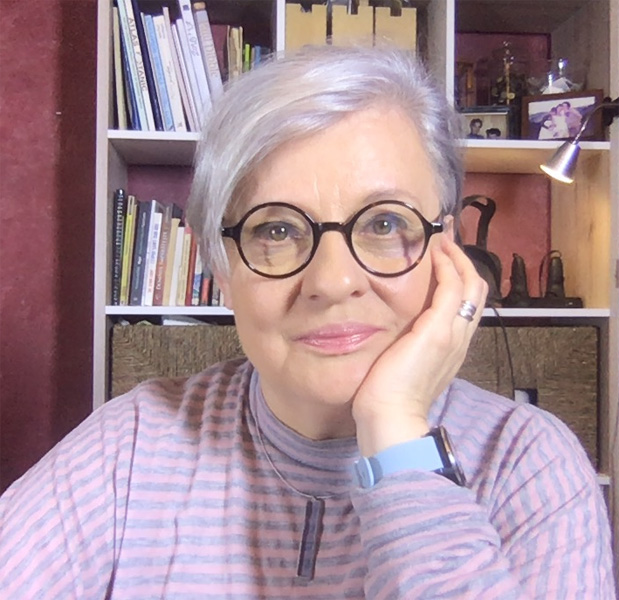 Rodica Mocan , Ph. D.
Rodica Mocan , Ph. D.
Professor
rodica.mocan@ubbcluj.ro
Rodica Mocan is Associate Professor at the Department of Cinema and Media and Associate Dean of the Faculty of Theater and Television. She earned a PhD in Sociology, with a theme related to the impact of technology on education, and a PhD in Theater and Performing Arts, with a research on interactive digital performance. Her research focuses on the impact of digital technology on different aspects of life, particularly the relationship between reality and digital interactive arts. She specializes in digital media practice and researches emerging artistic genres such as interactive documentary and intermedia performance.
Her publications include: eLearning – A Sociological Perspective (Cluj-Napoca, Risoprint, 2007), Emerging Media Genres – New Media Documentary(Cluj-Napoca, Risoprint, 2013) and Critical Paradigms in Interactive Digital Performance (Cluj-Napoca, Cluj University Press, 2017).
She teaches courses on: eLearning, Multimedia în performance, Cinematic Sociology, New Media Documentary
DORU POP
Doru Pop, PhD
Professor
doru.pop@ubbcluj.ro
Doru Pop is Full professor at the Faculty of Theater and Film, Babeș-Bolyai University in Cluj.
He recived his Master’s Degree in Journalism and Communication from Chapel Hill University, North Carolina, in 2002, and a Doctorate in Philosophy from the Babeș-Bolyai University in 2003, with a thesis on the philosophy of visual culture. He was a Fulbright and Ron Brown scholarship student in 1995-96 and 2000-2002. He has taught a course on Romanian film at Bard College, New York in 2012. He was visiting professor at Columbus State University, Georgia in 2017.
Among his recent books are: The Age of Promiscuity. Narrative and Mythological Meme Mutations in Contemporary Cinema and Popular Culture (Lexington Books, 2018)șiRomanian New Wave Cinema. An Introduction (McFarland, 2014).
He teaches courses on: Communication Theory, Visual Culture, Introduction to the Theory and Practice of Mass-media, Mass-media and Politics
MIRUNA RUNCAN
Professor Daniela Gologan (aka Miruna Runcan) PhD
daniela.gologan@ubbcluj.ro ; mirunaruncan2@gmail.com
Miruna Runcan specializes in Theatre and Performing Arts History, Theatre Aesthetics, Spectatorship and audience studies, Theatre semiotics, The History of Romanian Theatre Institutions
She received her PhD in Theatre and Performing Arts domain, at UNATC (National University of Theatre and Film I.L. Caragiale) Bucharest
Her research is focused on:
Theatre History, Theatre and Performing arts aesthetics, Performing arts semiotics, Spectatorship and Audience studies, The History of Romanian Theatre Institutions
She is the author of
Theatre in diorama: Theatre criticism discourses in communism, vol 2, Bucharest: Tracus arte 2020; Theatre in diorama: Theatre criticism discourses in communism, vol 1, Bucharest: Tracus arte 2020; Odeon Theatre 70, Bucharest, Oscar Print 2016; Theatre Criticism. Whereto? Cluj University Press, 2015; Signore Misterioso: An Anatomy of the Spectator, Bucharest: UNITEXT, 2011; For a Semiotics of the Theatrical Performance, Cluj, Dacia, 2005; The Theatricalisation of Romanian Theatre, Cluj, Eikon, 2003; The Romanian Theatre Model, Bucharest: UNITEXT, 2000.
He/she teaches courses on
Romanian Theatre History, Theatre Semiotics, Methods of interpretation of Drama, Spectatorship and Audience Studies, The History of Romanian Theatre Institutions.
HOREA AVRAM
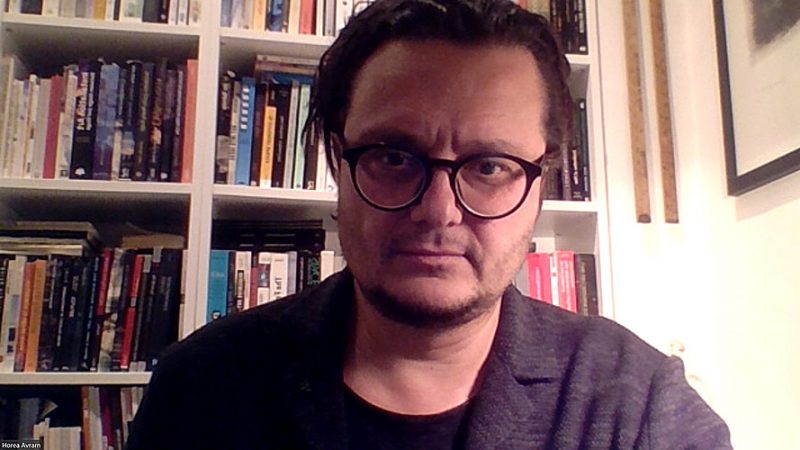
Horea Avram is an art historian, media theorist and independent curator. PhD in Art History and Communication Studies at McGill University, Montreal. He researches and writes about art and visual culture in relationship with media technology.
He teaches at the Department of Cinema and Media, Faculty of Theatre and Film, Babeș-Bolyai University, Cluj-Napoca, Romania.Courses: Introduction in Visual language, Experimental Film and Video Art, Curatorial Models in Digital Media, Management and Marketing in Audiovisual Production.
He is the author of the book Perspectiva negociabilă. Eseuri și comentarii despre practici artistice actuale. [Negotiable perspective. Essays and Comments on Contemporary Artistic Practices]. Bucharest: Eikon Press, 2021.He is the editor of the book Moving Images, Mobile Bodies. The Poetics and Practice of Corporeality in Visual and Performing Arts. Newcastle upon Tyne: Cambridge Scholars Publishing, 2018.
He has contributed to: Encyclopedia of Aesthetics, (Oxford University Press, 2014), Theorizing Visual Studies: Writing Through the Discipline (New York: Routledge, 2013) and Encyclopedia of the imaginaries in Romania. Historical patrimony, and cultural-linguistic identities (Iaşi: Polirom, 2020).
He publishes essays in periodicals: CaieteleEchinox, Cultura: International Journal of Philosophy of Culture and Axiology, M/C Media and Culture Journal, International Journal of Arts and Technology, Kinephanos, Ekphrasis. Images, Cinema, Theory, Media, Idea. Art + Society, Arta, etc.
He was research fellow of the New Europe College Institute for advanced study in the humanities and social sciences, 2017-2018. He has presented papers at international conferences in Romania, Sweden, USA, Canada, France, Italy, Slovakia.
He is the president of AICA-Romania (International Association of Art Critics), President of the Council – Administration of the National Cultural Fund – Romania, and member of ISIS (International Society for Intermedial Studies) and UAP (Union of Visual Artists, Romania).
Independent curator since 1996. He has curated most notably for Venice Biennale in 1999. He was the project manager of the projected ECCA (European Center for Contemporary Arts) in Cluj-Napoca (2018-2019). He organizes exhibitions for: National Museum for Contemporary Arts Bucharest, InterAccess Electronic Media Arts Centre Toronto, Society for Arts and Technology [SAT] Montreal, Art Museum Cluj, Art Museum Arad, NAG10 Bucharest, Plan B Gallery Cluj, Spațiu Intact Cluj, Jecza Gallery Timişoara, Atelier 35 Bucharest etc.
ILEANA NICOLETA SĂLCUDEAN
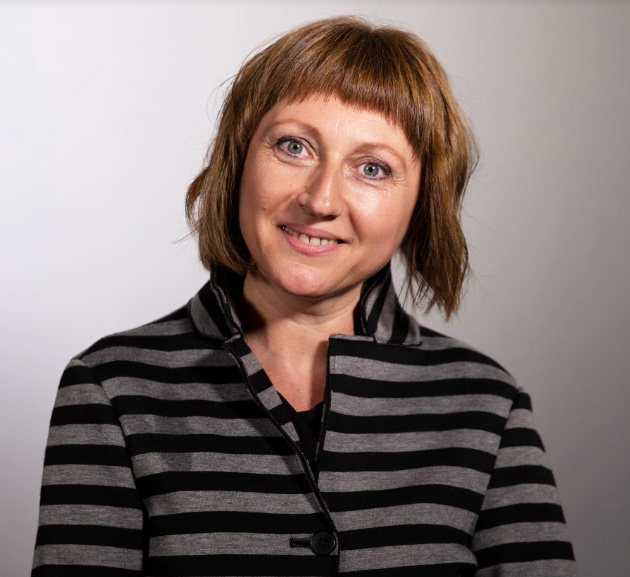 Ileana Nicoleta Sălcudean, PhD
Ileana Nicoleta Sălcudean, PhD
Associate Professor Habil
nicoleta.salcudean@ubbcluj.ro
https://ubbcluj.academia.edu/NicoletaIleanaS%C4%83lcudean
Ileana Nicoleta Sălcudean holds a PhD in sociology (2012) at Babeș-Bolyai University with a thesis entitled Cultural Policies and Identity Constructions in the European Context, and a habilitation degree (2019) in the field of Cinematography and Media with the thesis: Film and Creative Industries.
Her research interest is focused on: cultural studies, sociology of culture, creative industries.
Her recent peer-reviewed publications include (selection): ”Occhio – Human Existence in Tangible form. Portal to a Dual Chronotope”, Millennium Film Journal, 74/ Fall, 2020”; ”The Transnational Identity of European Film Festival. New Media and Cultural Branding Employed at the Transilvania International Film Festival”, Metacritic Journal of Comparative Studies and Theory, 3.1, 2017; ”Outrunning the Past: European Influences in Building Cultural Policies in Romania and the Role of the Romanian Cultural Institute”, The Journal of Arts Management, Law, and Society, 46:5, 2016; ”The Convergent Motions of the Social Dimension and the Cultural Dimension. National and European Blueprints”, Studia Europaea, 60/ 2015; “Sexuality in Comedy. Controversy and Clichés”, Ekphrasis 14, 2015; “Creative Industries – Art and Commerce; Entrepreneurship and Creativity”, Ekphrasis 13, 2015; “New Aesthetics and New Technologies: Global Challenges to the Future of Cultural Organizations and Management”, Ekphrasis 11, 1/, 2014; “Art and Vandalism. Crossbreeding of Street Art: (re)Interpretation of Street Art from Sociological, Aesthetical and Interactivity Perspectives”, Journal of Media Research, Volume 5, Issue 1 (12)/ 2012 etc.
Books: Cultural Policies: from Bucharest to Brussels, Cluj-Napoca: Risoprint, 2016; Industriile creative în România. Film, video, fotografie/ Creative Industries in Romania. Film, Video, Photography, Editura Muzeului Literaturii Române, București, 2015; Handbook of Creative Writing, co-author, Cluj University Press, 2014; ‘Social’ and ‘Cultural’ in the European Context, Cluj-Napoca: Risoprint, 2013.
Awards/ Professional Associations: From 2014 she is a CreArt Ambassador, Municipal Foundation of Culture. Valladolid City Council (ES). She is a member of the European Network Association (January 2018 – present), of the Ekphrasis Research Center (2016 – present), as well as an associate member of the Center of Applied Philosophy (CAPH), Faculty of History and Philosophy, UBB (2015-present). Furthermore, she was the director of the Center for Continuous Education and Lifelong Learning, Babeș-Bolyai University (2012-2014). She holds the UEFISCDI Research Award, 2017. She has received numerous grants and research internships (Wheaton College; Venice Biennale; University of Valencia; Otto-von-Guericke Universität Magdeburg; Institute of Higher European Studies in The Hague; Sidney Sussex College Cambridge University Cambridge etc). Also, she was engaged as a project manager or a team member in national and international projects (POCU, STARUBB, AFCN, UEFISCDI, POS-DRU, Inside Europe). Additionally, she participated as a guest, trainer, expert or evaluator in important international conferences, teaching mobility, professional exchanges.
She teaches courses on: Creative Writing, Creative Industries, Cinematic Sociology.
CV: https://ubbcluj.academia.edu/NicoletaSalcudean/CurriculumVitae
LIGIA SMARANDACHE
Ligia Smarandache, PhD
Associate Professor
Head of the Department of Cinema and Media
She has graduated from the University of Art and Design, in Cluj-Napoca, completing her Ph.D. thesis in 2012 with the title: “The role of Video Essay in the Postmodern Visual Communication”.
She worked in the field of graphic-design, broadcast motion-graphics and set design for television. As an independent artist she begins as a fine art printmaker, later exploring the field of experimental and documentary films as an editor and director.
She has conceived and produced a docu-fiction short film and a video exhibition as part of the project Dialogue in Agora-Contemporary Archeology, a series of cultural exchange workshops between artists from the cities of Cluj-Napoca and Cologne. Author of the short experimental animation-essay entitled Confessions which participates at 2012 Bucharest International Experimental Film Festival and at the Dublin International Short Film and Music Festival, Ireland, 2013.
In the field of documentary film, she participated to the international workshop Aristoteles Workshop in 2006, contributing to the editing and sound design of the documentary film Don’t get me wrong, but…, directed by Adina Pintilie, in 2007. The film won the Golden Dove prize at DOK Leipzig, Germany and it was selected to numerous international film festivals in Europe. In 2006, six short documentary essays entitled People of Romania where commissioned and broadcasted by the Romanian Television Corporation TVR2, winning the prize for documentary section at the Regional Televisions Festival, Târgu-Mureș.
As a printmaker she participated to international and national art exhibitions in Finland, New York, Japan, Timisoara, Bucharest, Malaesia. She received Arts Link residency grant for artists and art managers from Eastern Europe at Lower East Side PrintShop, New York, US, in 1994. Her prints were selected in the publication New Art, edited by Roxana Marcoci, Diana Murphy, Eve Sinaiko (New-York: Harry N Abrams, 1997), a book featuring works by over one hundred contemporary artists around the world.
She teaches courses on:
Motion graphics
Experimental techniques in short-films
Set design
Digital Editing
ADELINA LAURA BULIBAȘA
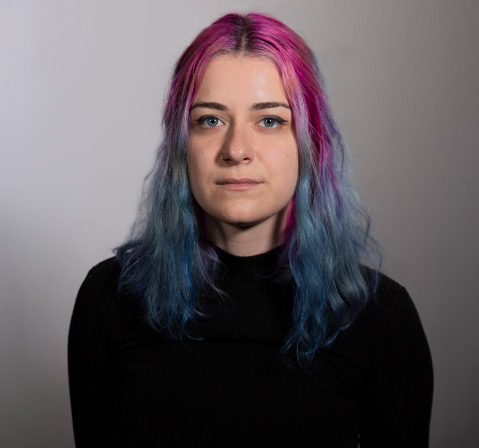
Adelina Laura Bulibașa, PhD student
Assistant Professor
adelina.bulibasa@ubbcluj.ro
Adelina Laura Bulibașa is a multimedia artist, specialized in digital art, also working in the field of new media arts, directing and producing films, photography and theater. She also manifested an interest in different domains like robotics, human-computer interaction and light-art.
She finished her master degree in the field of Interactive Multimedia at Theater and Film Faculty, Babeș-Bolyai University in Cluj-Napoca and her bachelor degree in Photography-Video-Computerized Processing of the Image at Arts and Design Faculty, West University of Timișoara. Now, under the coordination of Associate Professor PhD Rodica Mocan, Adelina studies to get her own scientific PhD in the area of new media arts.
Her multimedia/digital arts focused projects were exhibited at national and international festivals like Electric Castle (New Media Castle), CreArt, Cluj Never Sleeps, Amural, RADAR, eXplore Festival, +/- International, MAFA and so on. Adelina Bulibașa also worked as an assistant director for the feature film Bodrog, which was nominated for the international competition at Dracula Film Festival and as a director and co-producer for the short film Libelula which won the Best Short Film Award at altcineAction festival in Greece, the debut award at Ceau, Cinema! in Timișoara, while also participating in festivals like Fear No Film in Utah, USA; fArad; Cluj International Short Film Festival and so on.
Adelina is teaching for Digital Interactive Arts (DIA) and Documentary Filmmaking master programs the following courses: Transmedia Creative Project, Digital Technologies and Art, Interactive Movies and New Media Documentary.
CRISTINA POP TIRON
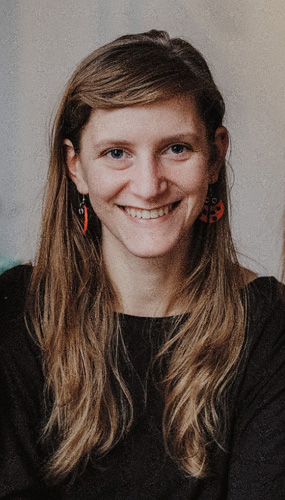
Cristina Pop-Tiron
Assistant Professor
cristina.pop-tiron@ubbcluj.ro
Cristina Pop-Tiron specializes in interactive digital art, interactive performance art and production of interactive digital art (artistic installations, interactive performance pieces)
She is a PhD candidate at the Theater and Performing Arts department at Babes-Bolyai University, with the theme of interactive spectatorship and intermediality in Interactive Digital Performance Art.
Her research is focused on performance art, spectatorship and interactive digital art (performance art and installation).
Her artistic practice and technical expertise are rooted in the creation of interactive installation art, interactive digital performance art and New Media curatorial projects. Her projects include production of film festivals and New Media Art.
She is the co-author of “Aurora – Connecting Senses: A proposal for a representation of an interactive art installation”, Nordlit journal, special volume Conceptualizing the North, co-author Signe Kjaer Jensen, in print 2020
Her productions have been presented in international festivals such as HÄMEENLINNA STREET AR(T) festival, Hämeenlinna, Finland; European Researcher’s Night, Växjö, Sweden; Lights On Festival, Cluj Never Sleeps Festival, Cluj-Napoca, Romania.
She worked on the realization, organization and production of several festivals, events and exhibitions: New Media Castle, 2019, Cluj-Napoca; Transylvania International Film Festival, 2016-present, Cluj-Napoca; Binary Worlds Colliding, 2019, Cluj-Napoca.
She teaches courses on: Graduate Courses, Creative Performance Art Project (semester 1, 2019, 2020), Creative Visual Arts Project (semester 2, 2020, 2021), Project Production Management (semester 2, 2020), Production Management and Audiovisual Legislation (semester 2, 2021), Directed Reading and Dissertation Writing (semester 2, 2020), Academic Ethics and Dissertation Writing (semester 2, 2021)
Undergraduate Courses: Photography (semester 2, 2020), Photo process – Analogue photography and the darkroom developing process (semester 1, 2017, 2019, 2020)
Link CV https://documentcloud.adobe.com/link/track?uri=urn:aaid:scds:US:3c6e8616-49ac-4585-9373-650fc4a2b995
INVITED ARTISTS
KLAUS OBERMAIER
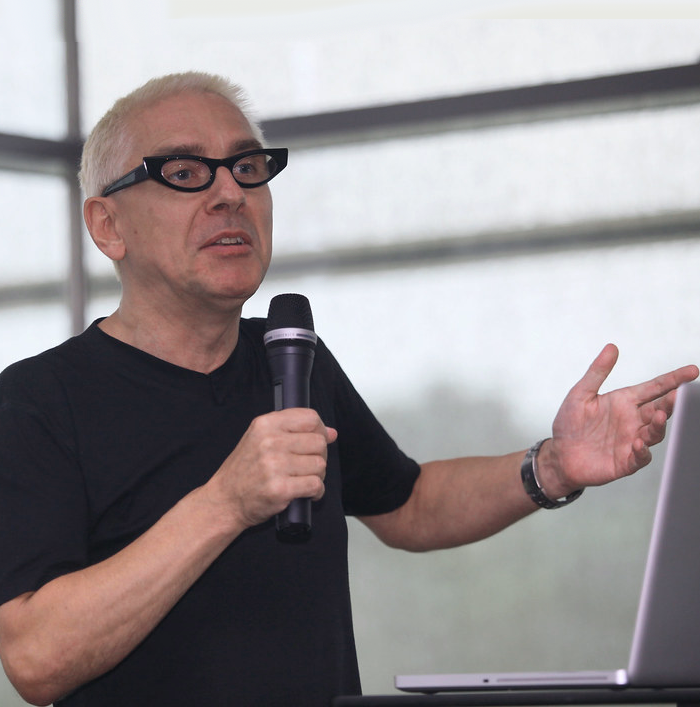
Klaus Obermaier
Visiting Associate Professor
klaus.obermaier@ubbcluj.ro
Klaus Obermaier is media-artist, performing-arts director, choreographer and composer.
Klaus Obermaier creates innovative works with new media in performing arts, music and installations, highly acclaimed by critics and audience.
His inter-media performances and artworks are shown at festivals and theaters throughout Europe, Asia, North and South America and Australia. Many of his projects, such as D.A.V.E, Apparition, Le Sacre Du Printemps, Dancing House,andEgo, are considered groundbreaking and genre-defining for the development of new artistic forms of human interaction with digital systems.
Obermaier is visiting professor at the University IUAV of Venice, Italy and at Babeș-Bolyai University in Cluj-Napoca, Romania teaching interactive arts and multimedia performance.
He taught as an adjunct professor for composition at the Webster University Vienna and held courses for choreography and new media at the Accademia Nazionale di Danza di Roma. From 2016 to 2018 he was co-director of the Master for Advanced Interaction at IAAC (institute for advanced architecture of Catalonia) in Barcelona/Spain. He gives lectures at international conferences and institutions.
Klaus Obermaier lives in Vienna and Barcelona.
ALEX CZETWERTYNSKI
Alex Czetwertynski is an digital artist and curator working in the fields of creative technology, experiential, and media arts. His practice includes large-scale immersive experiences, media sculptures, and commentary on contemporary digital art practices. He was born in Belgium and graduated from the University of Paris IV La Sorbonne with a Master in Philosophy. Czetwertynski curates New Media Art events such as Day for Night or Electric Castle, new kinds of festivals that combine headlining musicians with immersive art installations, transforming live music environments by introducing new sensory experiences to an expanded audience. He has collaborated with artists such as Doug Aitken, threeASFOUR, and Orlan. His work has been shown at the Jewish Museum and the FIAF in New York, the Centre Georges Pompidou, and the Théâtre de la Cité in Paris, the Confort Moderne in Poitiers, Mana Contemporary in New Jersey, the Museum of Literature in Warsaw and the Museum Ludwig in Budapest, the Mambo Museum and K10 Gallery in Bogota and more. He is currently based in Brussels, Belgium.





